The International Federation of Robotics released data in recent weeks revealing that more than 540,000 robots were installed in industrial settings last year, a significant increase from the 270,000 installed 10 years ago. This surge in robotics adoption has sparked a heated debate about the future of manufacturing, with some companies betting on humanoid robots to replace human workers. However, a small Swiss start-up, Mimic Robotics, is challenging this notion, arguing that full-figure, humanoid robotics is an over-complicated solution for most industrial and manufacturing tasks.
Mimic, which is announcing a 16 million fund-raising, has developed robotic hands that it believes are a more practical solution for manufacturers. According to the company's CEO, "Our robotic hands are designed to work in tandem with human workers, enhancing their productivity and efficiency without replacing them." This approach is gaining traction, with several major manufacturers already adopting Mimic's technology.
Industry insiders point out that the adoption of robotics in manufacturing is not just about replacing human workers, but also about improving productivity and reducing costs. "The use of robotics in manufacturing is a game-changer," said a spokesperson for the International Federation of Robotics. "It allows companies to produce goods more efficiently and at a lower cost, making them more competitive in the global market."
However, not everyone is convinced that humanoid robots are the future of manufacturing. Boston Dynamics, owned by Hyundai, recently launched the latest version of its Atlas humanoid robot, designed for industrial work. But Mimic's CEO believes that this approach is too complex and expensive for most manufacturers. "Our robotic hands are a more practical solution for most industrial and manufacturing tasks," he said.
The debate about the future of manufacturing is not just about the technology itself, but also about the cultural impact it will have on society. As robotics becomes more prevalent in the workforce, there are concerns about job displacement and the need for workers to adapt to new technologies. However, proponents of robotics argue that it will create new job opportunities and enhance productivity.
The adoption of robotics in manufacturing is accelerating rapidly, with more than 540,000 robots installed in industrial settings last year. This trend is expected to continue, with the International Federation of Robotics predicting that the number of robots installed will double in the next five years. As the industry continues to evolve, companies like Mimic Robotics are at the forefront, developing innovative solutions that are changing the face of manufacturing.
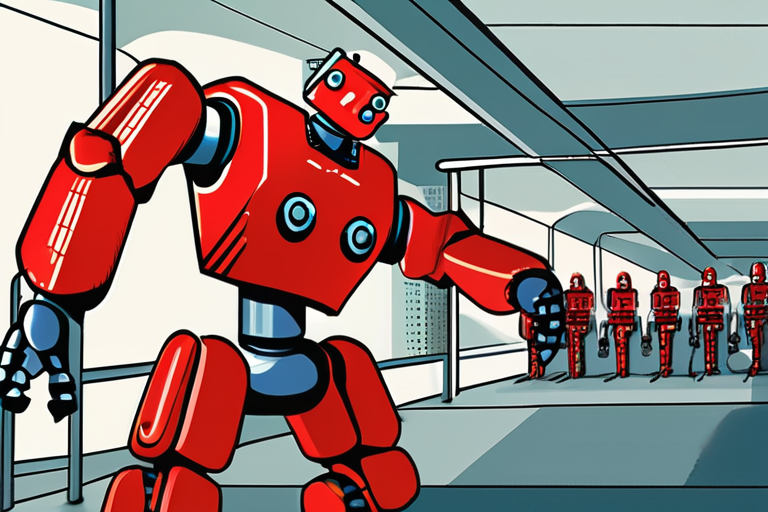


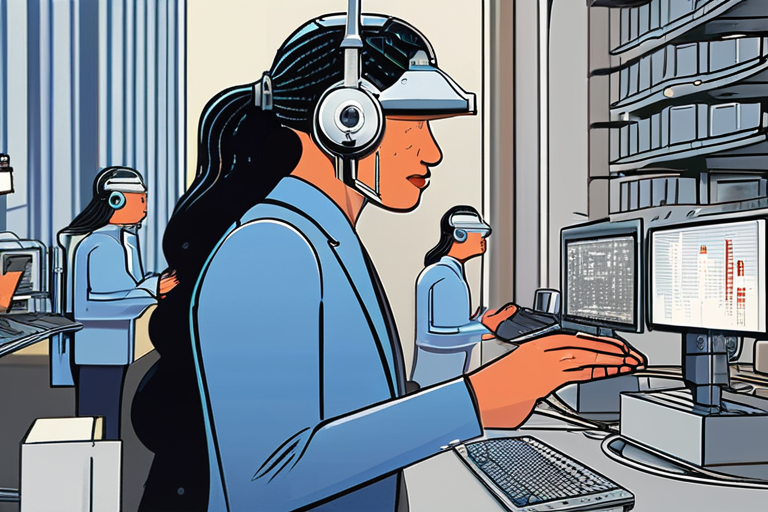
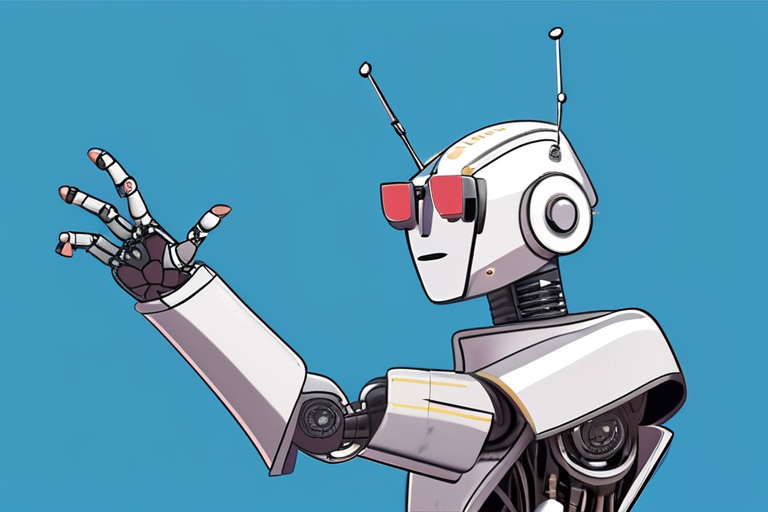

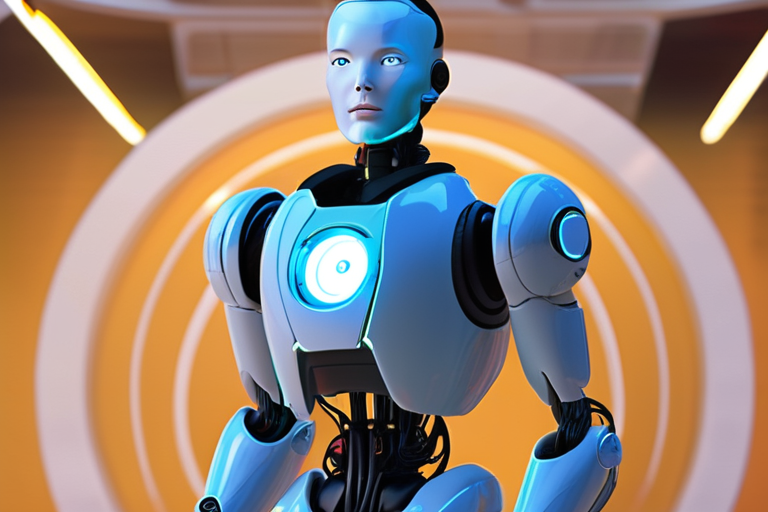
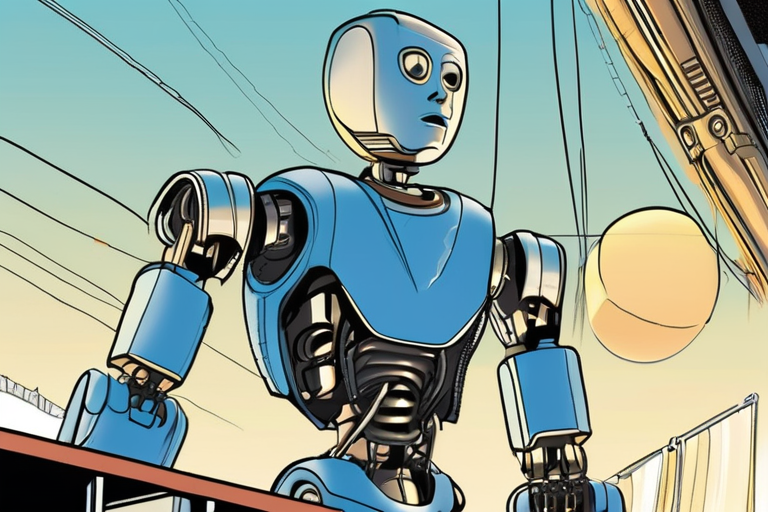
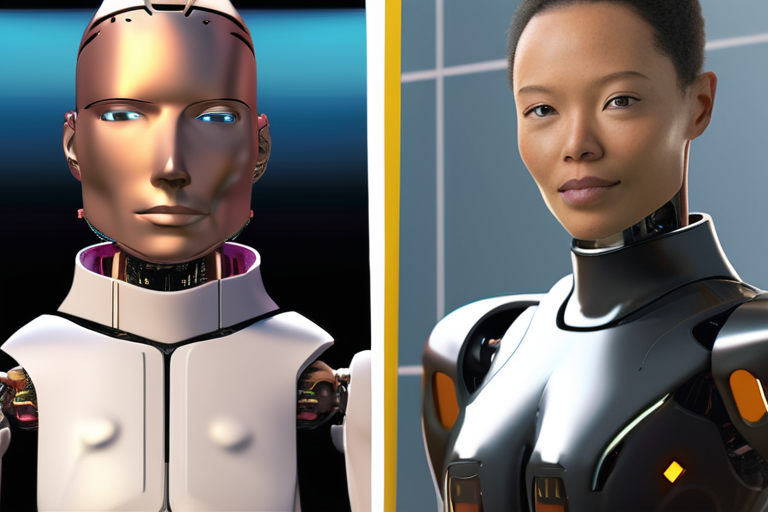
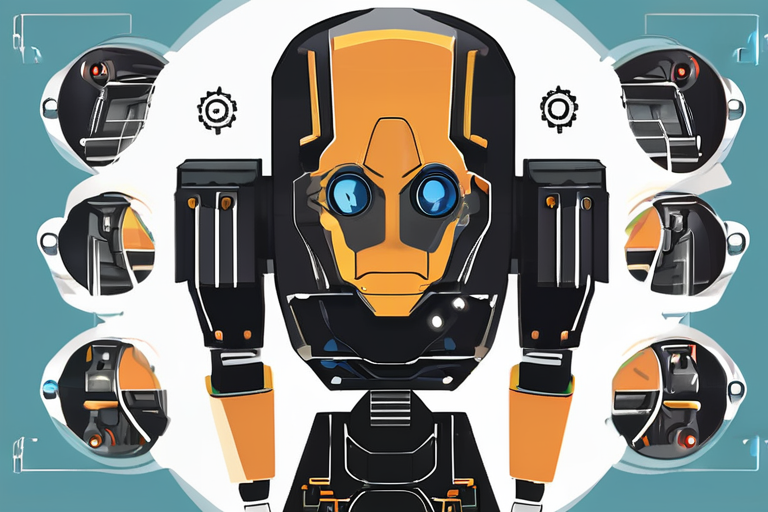
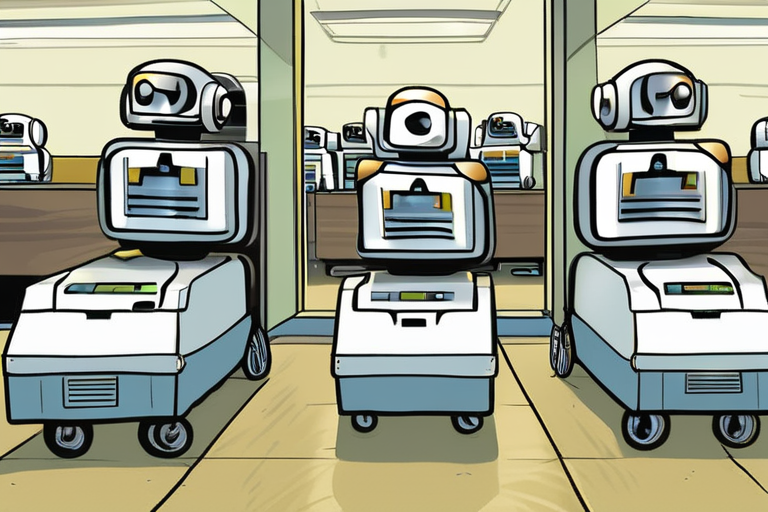
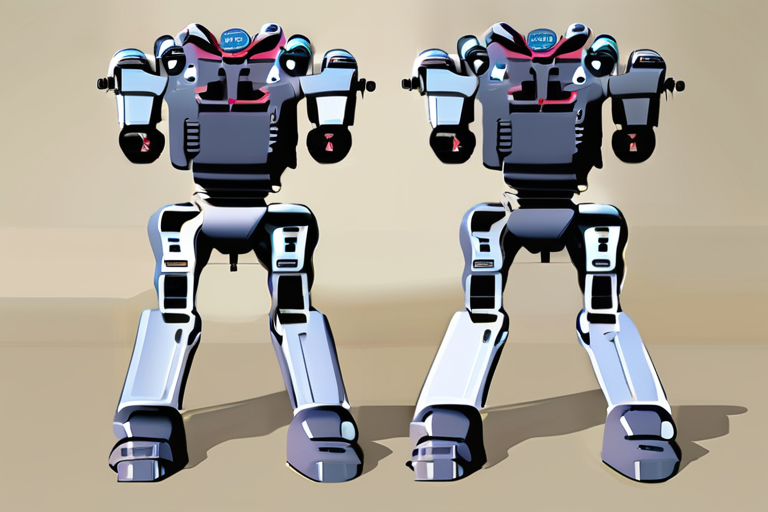
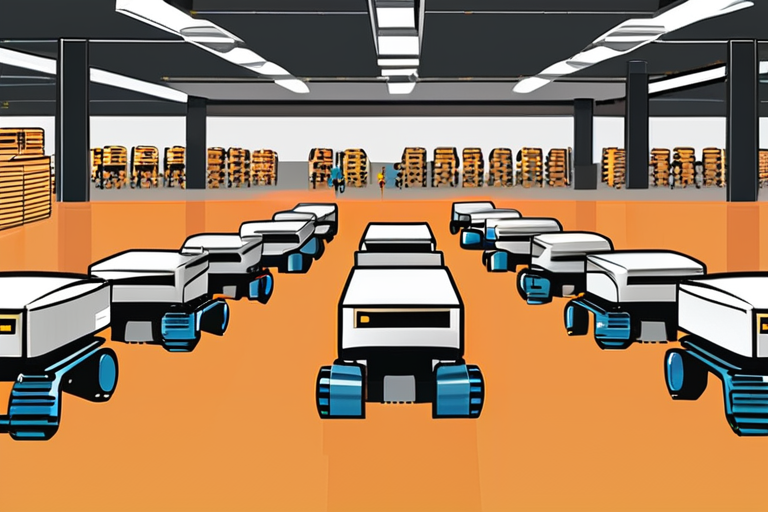
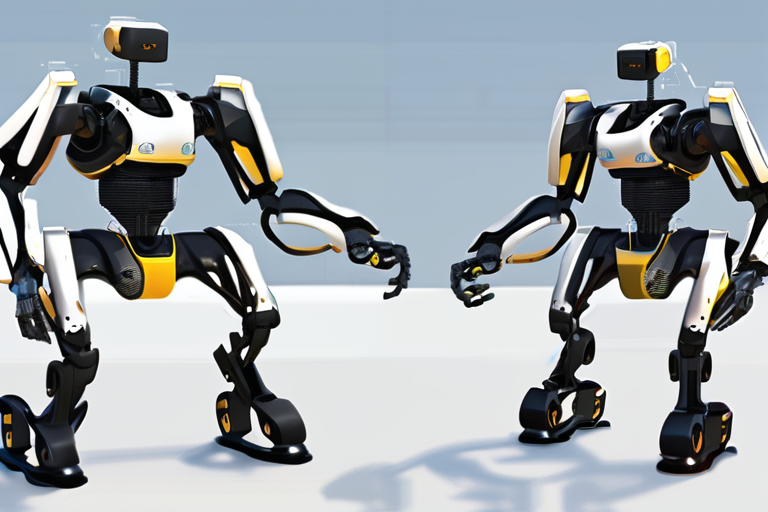
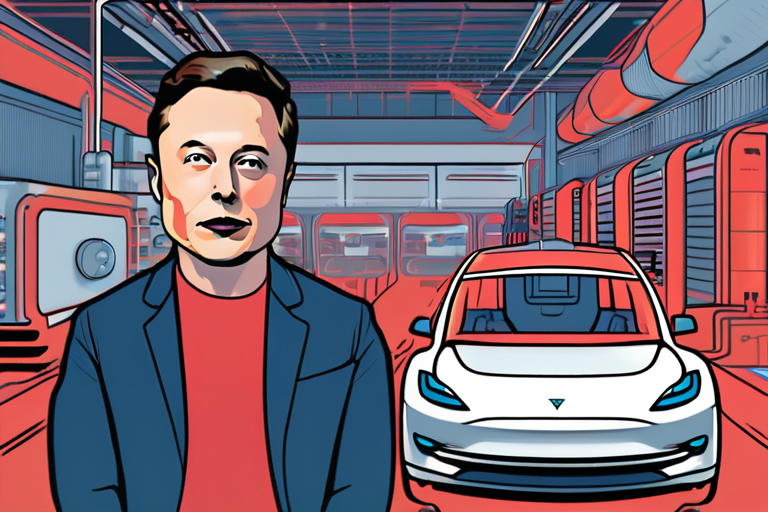
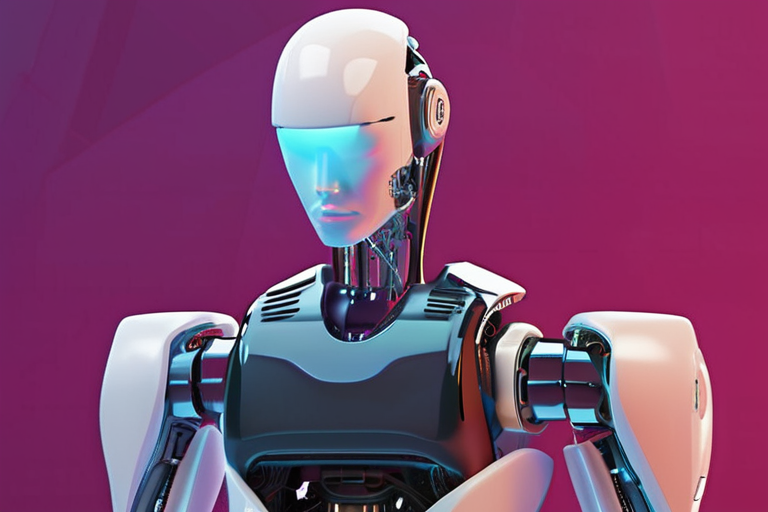
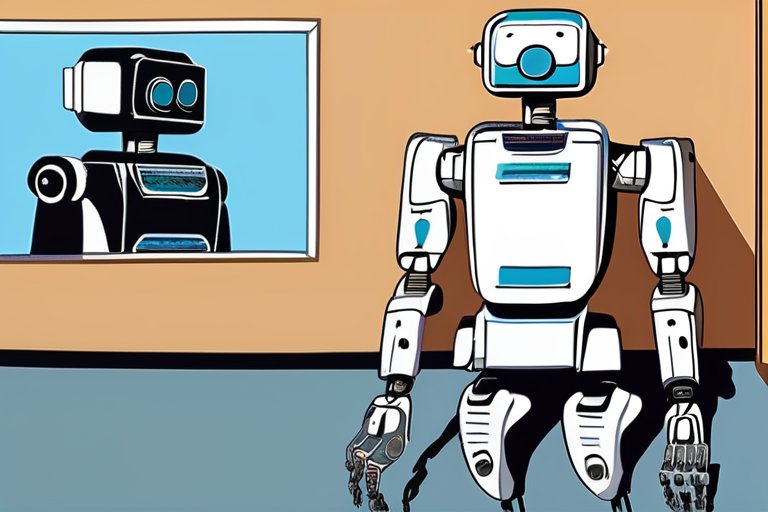
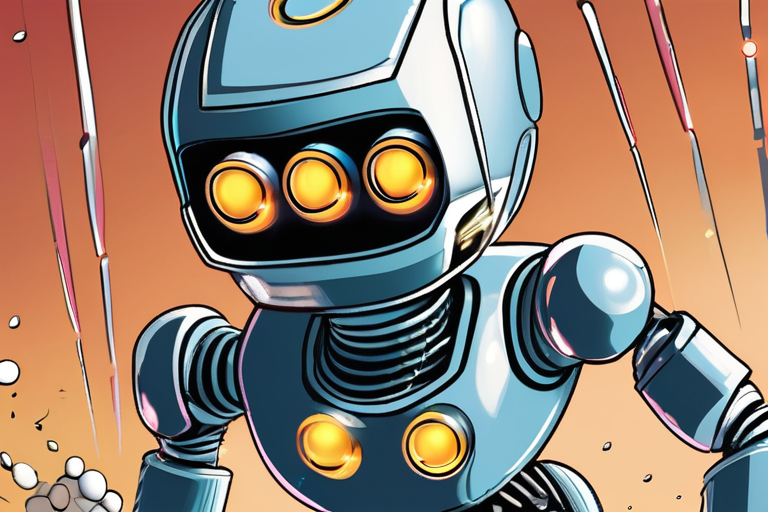

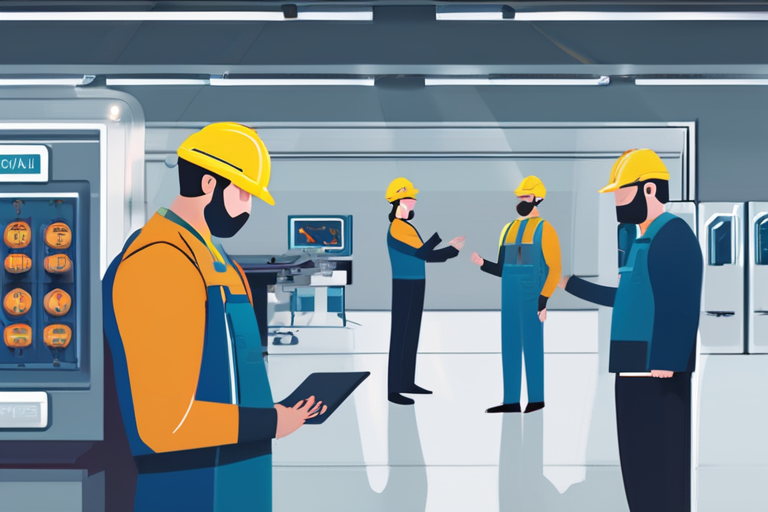


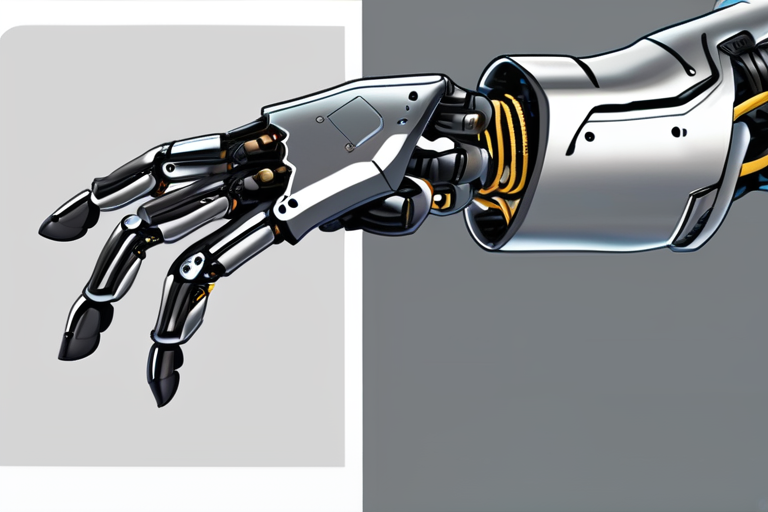
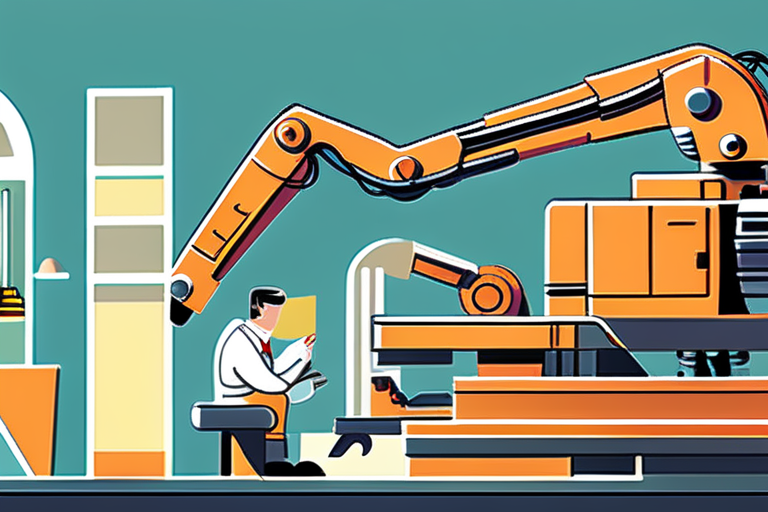
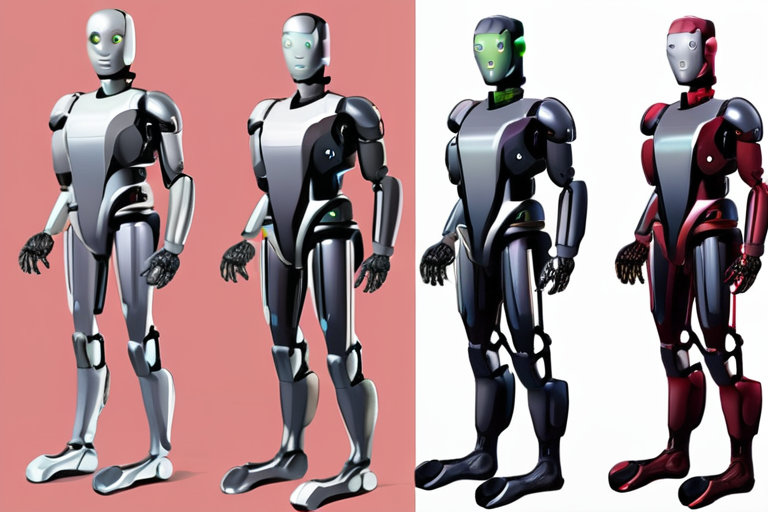
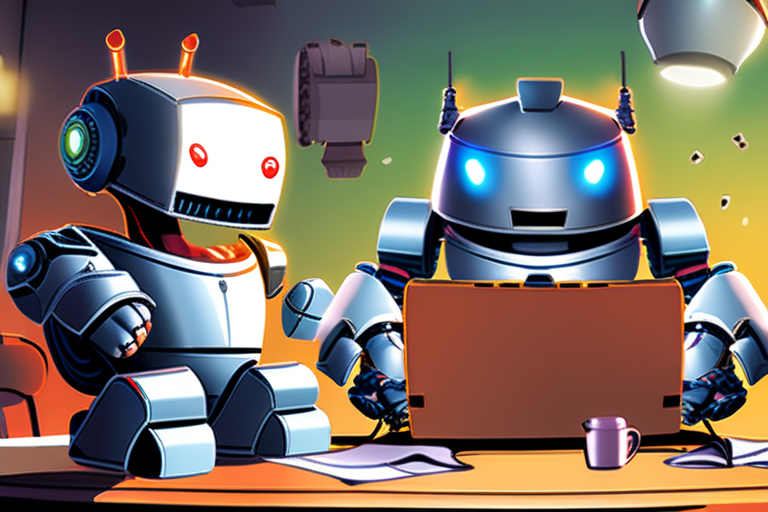
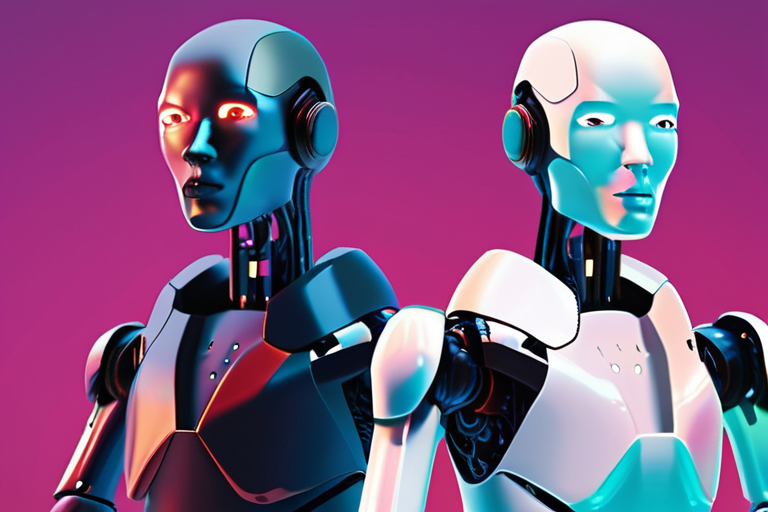
Share & Engage Share
Share this article